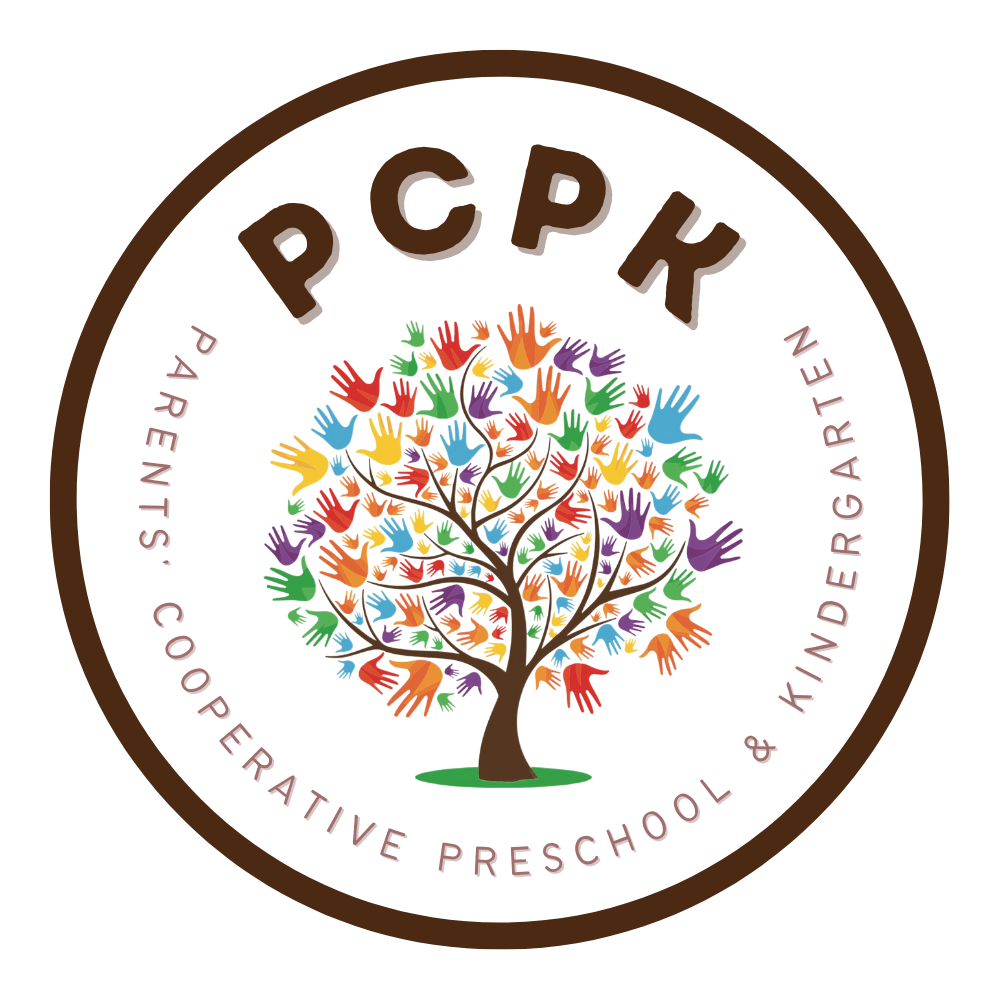The Real Learning in Play
A note from our Director, Emily Kavanaugh
Jean Piaget, a child development theorist, was of the mindset that education is not simply checking boxes. Rather, education is a life-long joy and love of learning. Piaget found that children benefited long-term from love and curiosity of play.
The phrase we often hear in today's early childhood area is "too much, too soon.” We believe children learn just fine through discovery, and at their own pace. In our program, we facilitate the play and find ways to encourage children to think through the processes of play and what they are experiencing.
Many of the questions we ask children pertain to math and science, they just don't realize it yet. "How tall will your tower be? Can you blow your tower down? Why or why not?"
During play, children test out their new knowledge, boundaries, and concepts. This not only builds their brain development but aids in their social and emotional development.
When you observe a child playing, you only see a fraction of what they truly are doing and understanding. Allowing a child to play and explore allows them to build their focus and concentration. It allows them to feel confident in their abilities. Some of these skills are problem-solving and analyzing. Another crucial aspect to play is for children to develop a healthy and positive attitude to play. When children feel safe and loved they are more likely to enjoy what they do, building their sense of persistence and enthusiasm. In this environment, children learn the joy of learning. These skills cannot be learned by rote memorization.









